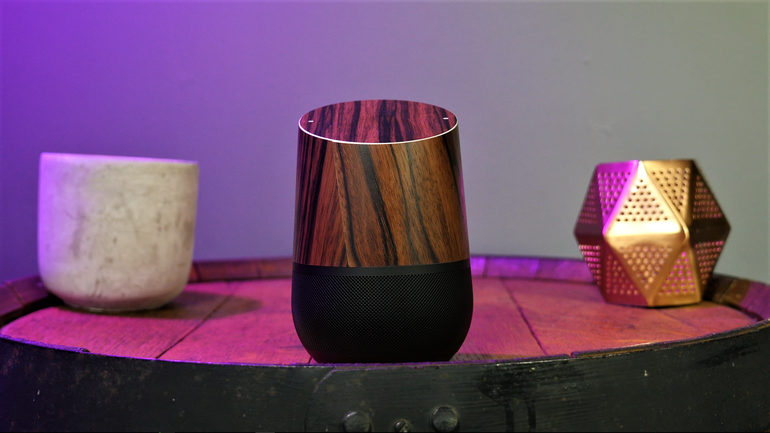One of the biggest limiting factors for the growth of smart speakers like Google Home and Amazon Echo right now is the language problem. Yes, the voice-activated smart assistants on these devices can’t handle other languages at the moment, except German, and that’s surprising when it comes to Google, because Google Voice Search can currently identify more than 50 languages automatically.
But AI-based interaction is vastly different from searching the Internet for information. The entire architecture of the system has to be different. For an AI system to be able to understand a new language, process the information and deliver an accurate result in that same language requires building it from the ground up.
According to Google developer Wayne Piekarski, the team is working on making Google Home Actions available in additional languages, but did not provide a firm timeline for a release.
Interestingly, Google Home may not really have a significant advantage in this area despite the fact that they’ve been developing voice skills as well as language support for far longer. Amazon Echo’s development team – or, more accurately, Amazon Alexa’s team – will have their work cut out for them, but so will the team behind Google Assistant.
It’s going to be a slow process, but the biggest incentive for developing additional language support for smart devices like Google Home and Amazon Echo is that it can be used to tap into new markets where English is not the primary or most popularly used language.
And that market is huge. English is only the third most spoken language in the world, after Mandarin and Spanish, so there’s a massive untapped market for smart speakers sitting outside the current capabilities of AI-powered smart speakers from Google and Amazon.
And that’s the market that both companies need to address to ensure sustained growth for their device sales around the world. It’s still early days for smart speakers, but their smart assistants are already moving on to other devices like smartphones, home appliances, automobiles and so on.
The sooner these AI assistants start supporting other languages, the faster their proliferation can be in newer markets.
Knowing Amazon, it will fiercely defend its dominance in this space, and if that means heavily incentivizing developers in key non-English markets to develop more local language skills, then that’s what they’re likely to do. Google, on the other hand, already has the talent and the resources to develop additional language support in-house, but in this case they may also speed up Actions development for other languages by leveraging a larger community of developers from around the world.
It’s going to be an interesting fight to watch as Google Home and Amazon Echo battle it out for dominance in the non-English-speaking world over the next few years.
Thanks for reading our work! If you enjoyed it or found value, please share it using the social media share buttons on this page. If you have something to tell us, there’s a comments section right below, or you can contact@1redDrop.com us.



